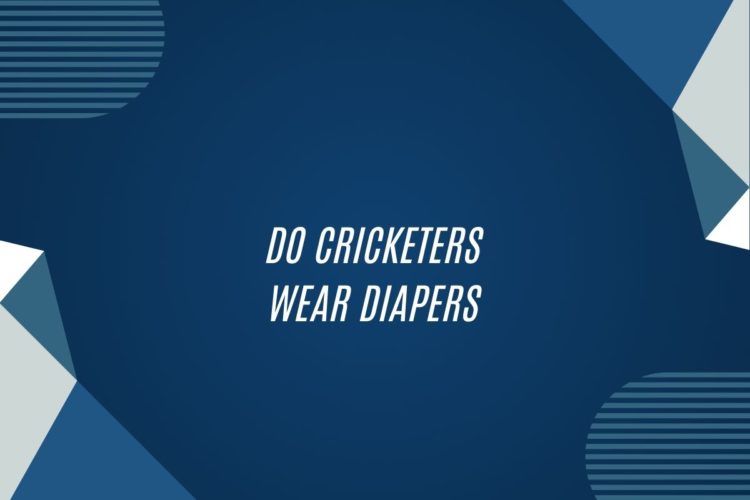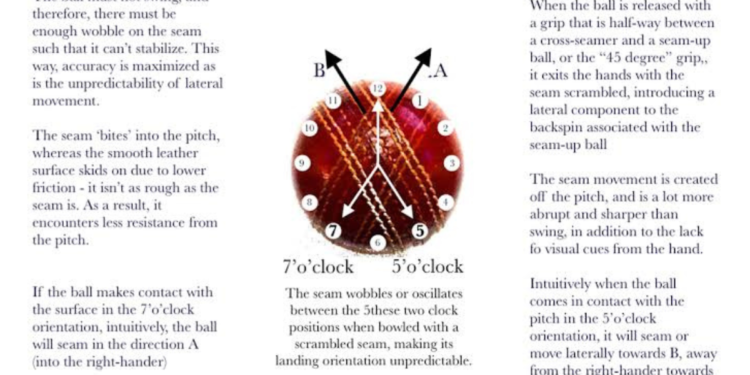Why do some cricketers wear extra padding?
Some cricketers opt to wear extra padding for added protection against the impact of fast bowlers or potential injuries while fielding. This additional layer of padding can act as a cushion, reducing the force of a ball hitting the body and minimizing the risk of bruises or more serious harm. By wearing extra padding, cricketers can feel more secure and confident while playing, allowing them to focus on their performance rather than worrying about potential injuries.
Additionally, some cricketers choose to wear extra padding to enhance their comfort levels during long hours of play. The repetitive movements involved in cricket, especially when batting or wicket-keeping, can lead to fatigue and soreness. Extra padding can help alleviate some of this discomfort, allowing players to maintain their focus and perform at their best throughout the match.
What are the different types of protective gear worn by cricketers?
Cricketers wear a range of protective gear to safeguard themselves during matches. The most common types of protective gear include helmets, gloves, thigh guards, chest guards, and arm guards. Helmets are crucial to protect the head from fast bowlers’ deliveries, while gloves offer protection to the hands when batting or keeping wickets.
Additionally, thigh guards are worn to shield the thighs from impact, especially for batsmen facing fast bowlers. Chest guards provide protection to the chest area, and arm guards are essential for safeguarding the arms while batting. Each piece of protective gear plays a vital role in ensuring the safety and well-being of cricketers while they are on the field.
How do cricketers deal with bathroom breaks during long matches?
During long matches, cricketers often face the challenge of managing bathroom breaks without disrupting the flow of the game. Given the intense and time-sensitive nature of cricket matches, finding the right balance between staying hydrated and addressing nature’s call can be a delicate task for players. Despite the strategic pauses allowed for drinks and medical timeouts, opportunities for a quick bathroom break are limited.
To cope with this challenge, cricketers primarily rely on planning and timing. Many players strategically schedule their fluid intake and bathroom visits during breaks, such as lunch, tea, or between overs. Additionally, some cricketers may choose to minimize their fluid intake during critical stages of the match to avoid any urgent need for a bathroom break. Overall, maintaining focus and staying disciplined in managing bodily needs are essential aspects of dealing with bathroom breaks during long cricket matches.
Can wearing diapers affect a cricketer’s performance on the field?
Wearing diapers during cricket matches is a topic that has sparked debate among players and fans. Some argue that wearing diapers could potentially affect a cricketer’s performance on the field. The added bulk and discomfort of wearing a diaper may restrict a player’s movement and agility, which are crucial elements in a fast-paced sport like cricket.
Moreover, the distraction of wearing a diaper could also impact a cricketer’s focus and concentration during a match. It may cause discomfort or uneasiness, leading to a lack of mental clarity and precision in their gameplay. Overall, the choice to wear diapers during a cricket match may have varying effects on a cricketer’s performance, and it is essential for players to consider the potential consequences before opting for this solution.
Are there any specific rules or regulations regarding the use of diapers in cricket?
Diapers are not specifically addressed in the laws of cricket, which may leave room for interpretation by players and officials. However, the wearing of diapers could potentially fall under the umbrella of the Law 5 that grants the umpires the authority to intervene in cases where they believe players are breaching the spirit of the game. This means that the use of diapers could be subject to scrutiny based on whether it is deemed to give the wearer an unfair advantage or compromise the integrity of the sport.
In the absence of explicit regulations on the use of diapers in cricket, it ultimately boils down to ethical considerations and sportsmanship. Players would need to assess whether the utilization of such aids aligns with the values of fairness and respect for the game. While there is no direct prohibition, cricketers should bear in mind the broader principles of the sport and evaluate the impact of their choices on the competitive balance and the essence of cricket as a gentleman’s game.























